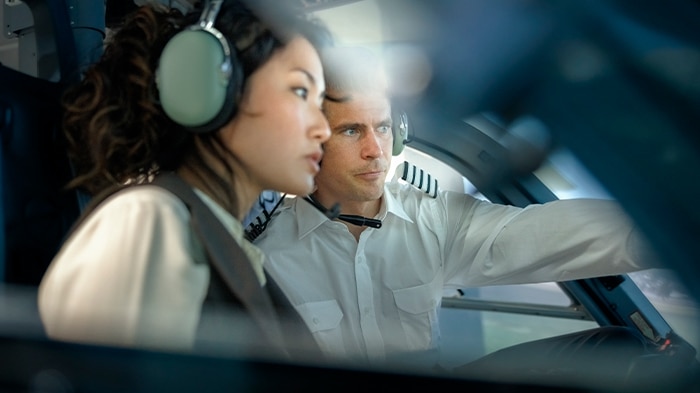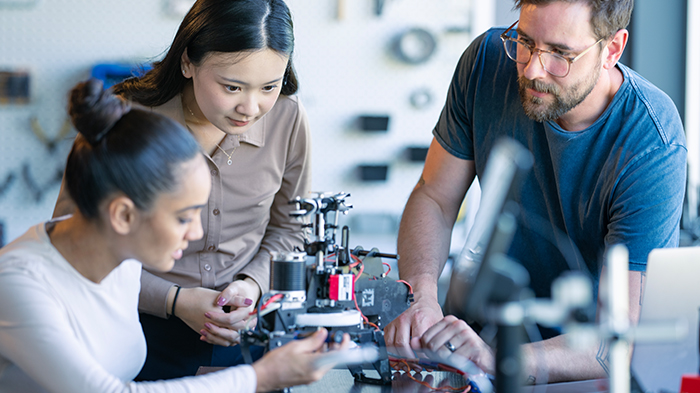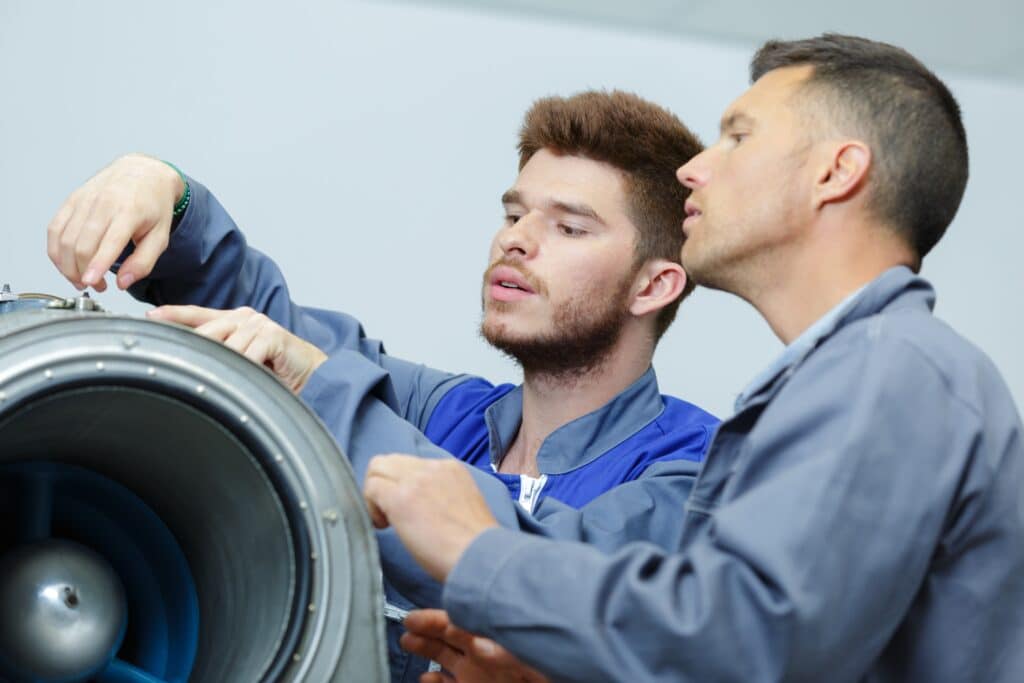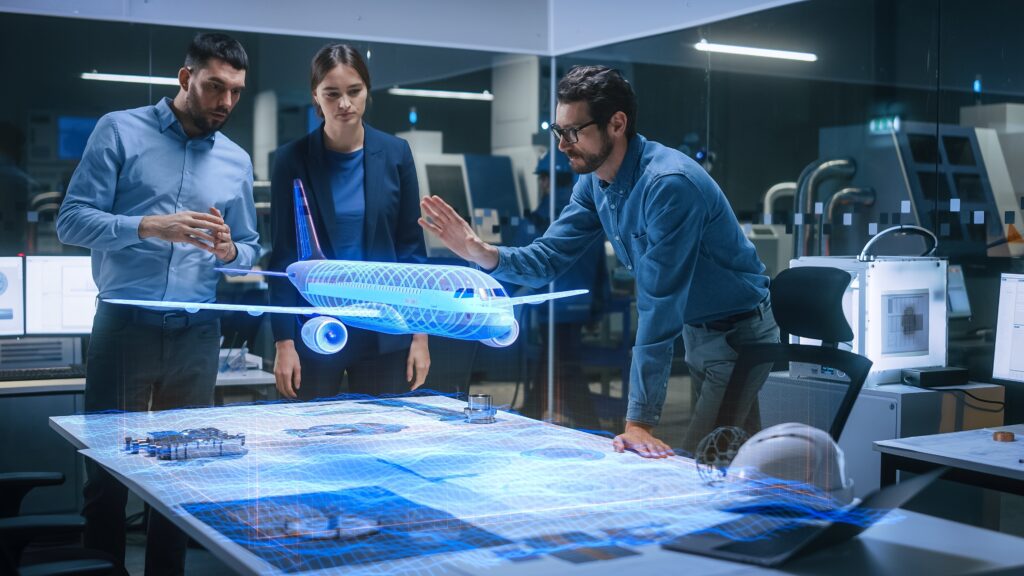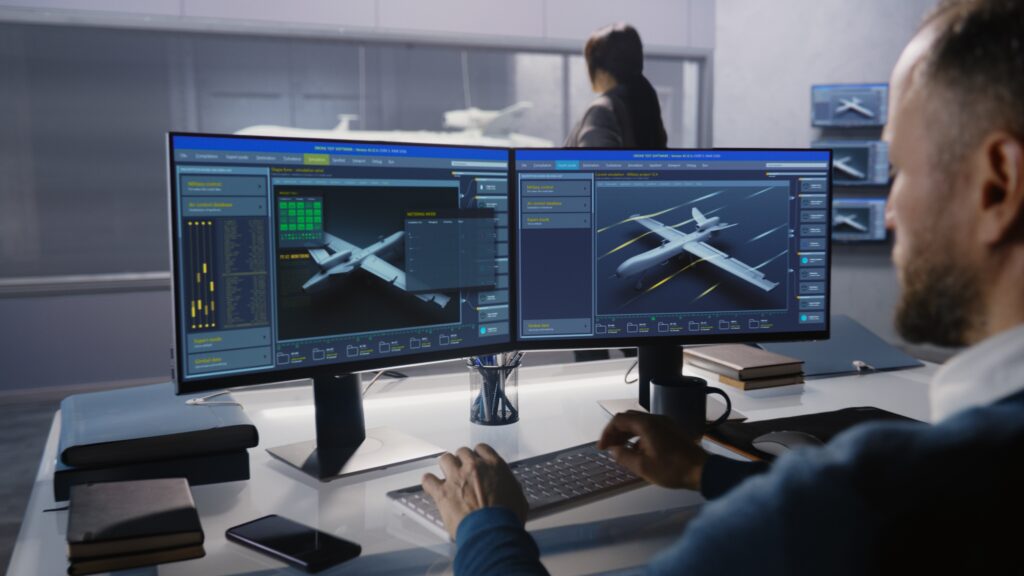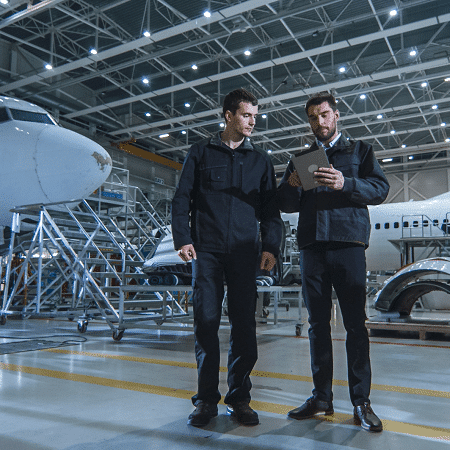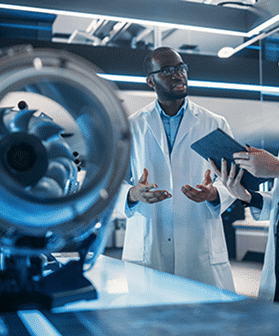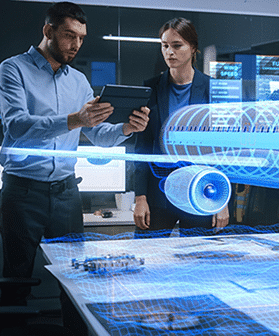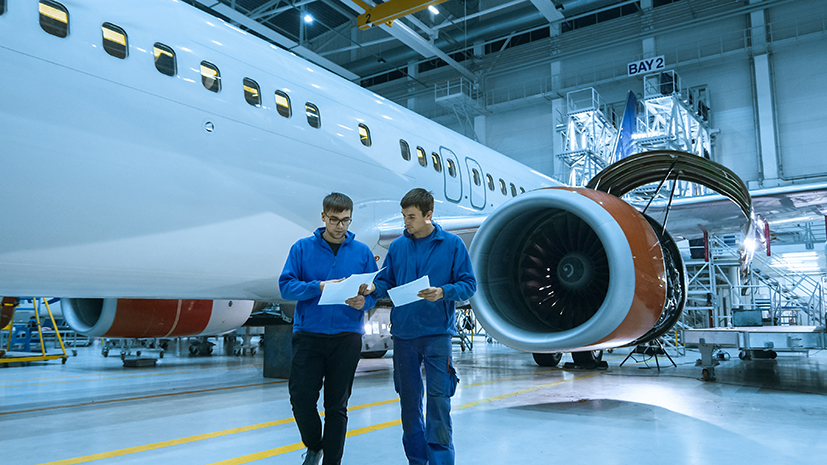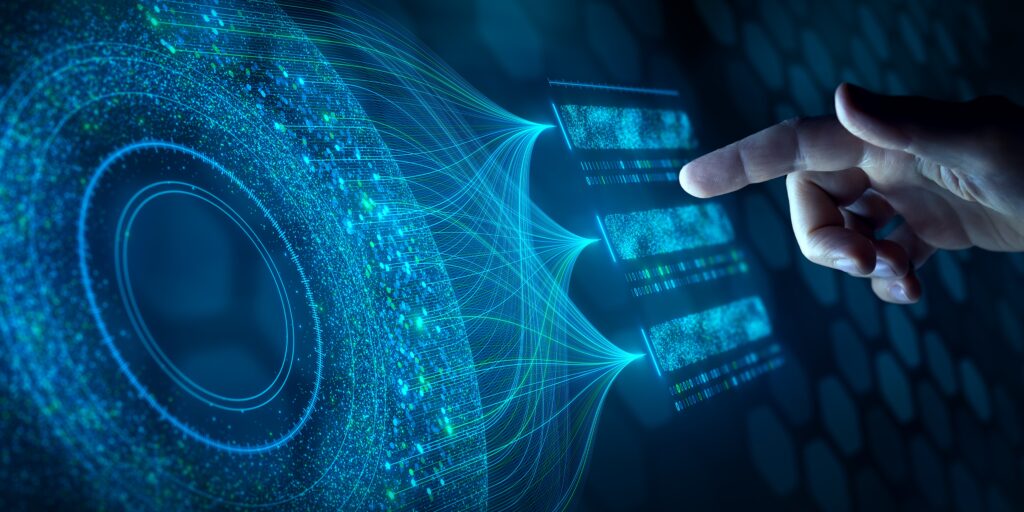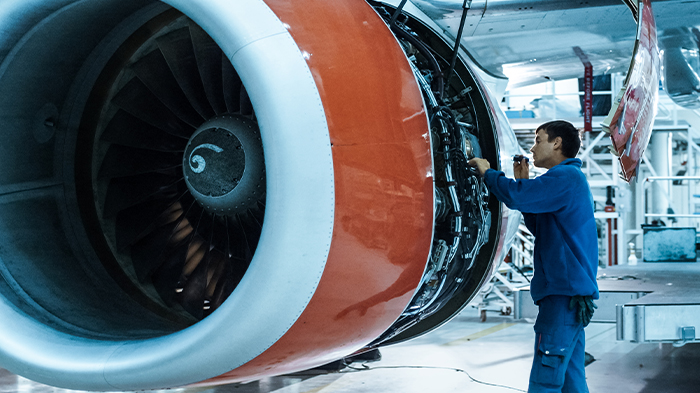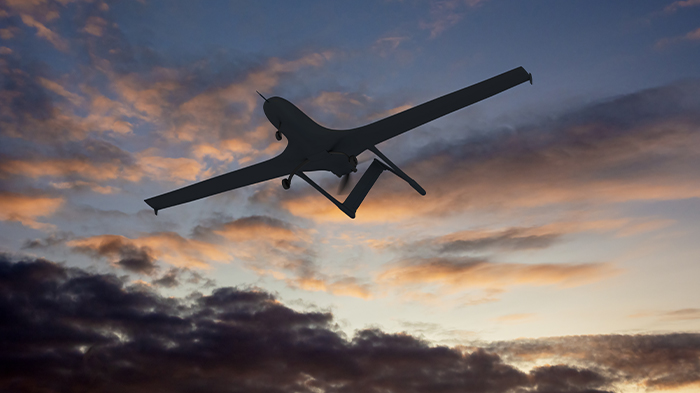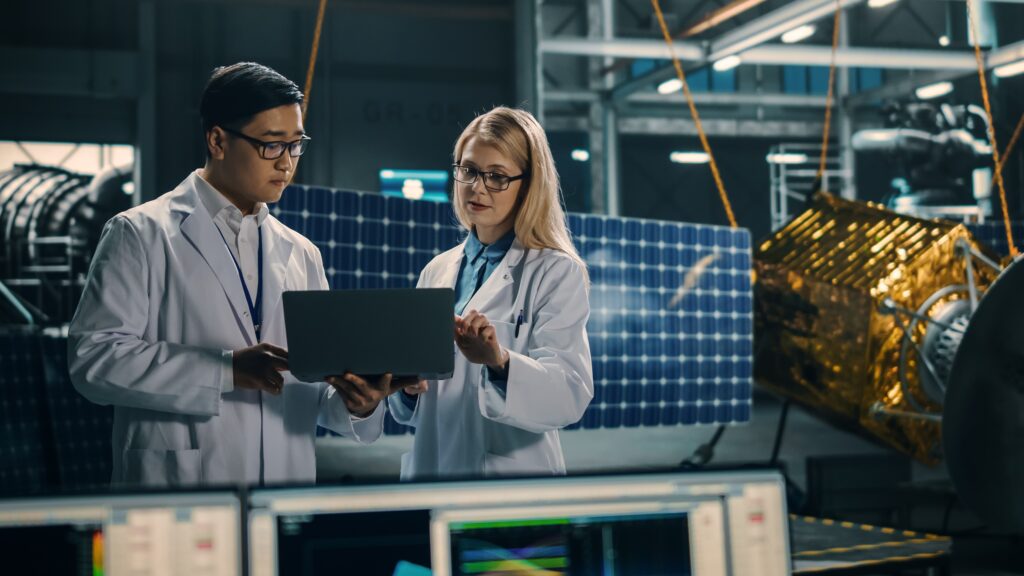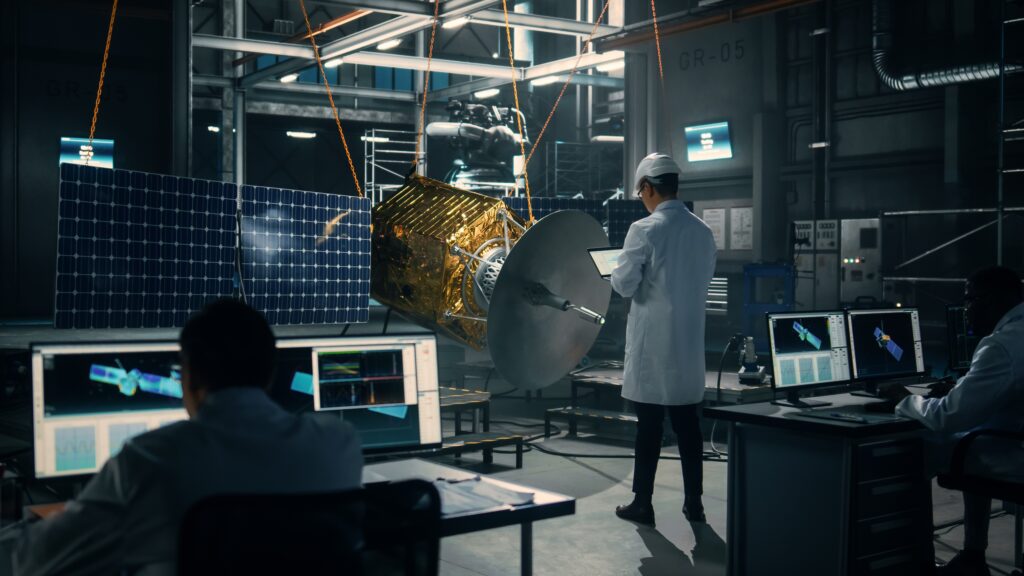– Mainly English-speaking international students with a Bachelor’s degree in science (minimum bac+3) to enter M1, and a minimum bac+4 (or equivalent) to enter M2;
– English-speaking French students with a Bachelor’s degree in technology or a Master’s degree in science;
– English level: minimum B2 (certified by a recognized test: TOEFL, TOEIC, IELTS).
English
full-time
Paris-Ivry
In 1 or 2 years (September to August)
4th year: 4 months (June to September)
5th year: 6 months (February to August)
Msc Aerospace Propulsion, CGE accredited
IPSA offers 70 double degrees in France and abroad, enabling students to acquire dual skills in line with their professional ambitions.
Design experts
Calculation experts
Methods experts
Aerospace propulsion testing experts
The head of the MSc
AEROSPACE PROPULSION
Remi Bertossi
Director of Aero 4 and 5 studies – Lecturer and researcher, Doctor of Thermal Engineering/Energetics
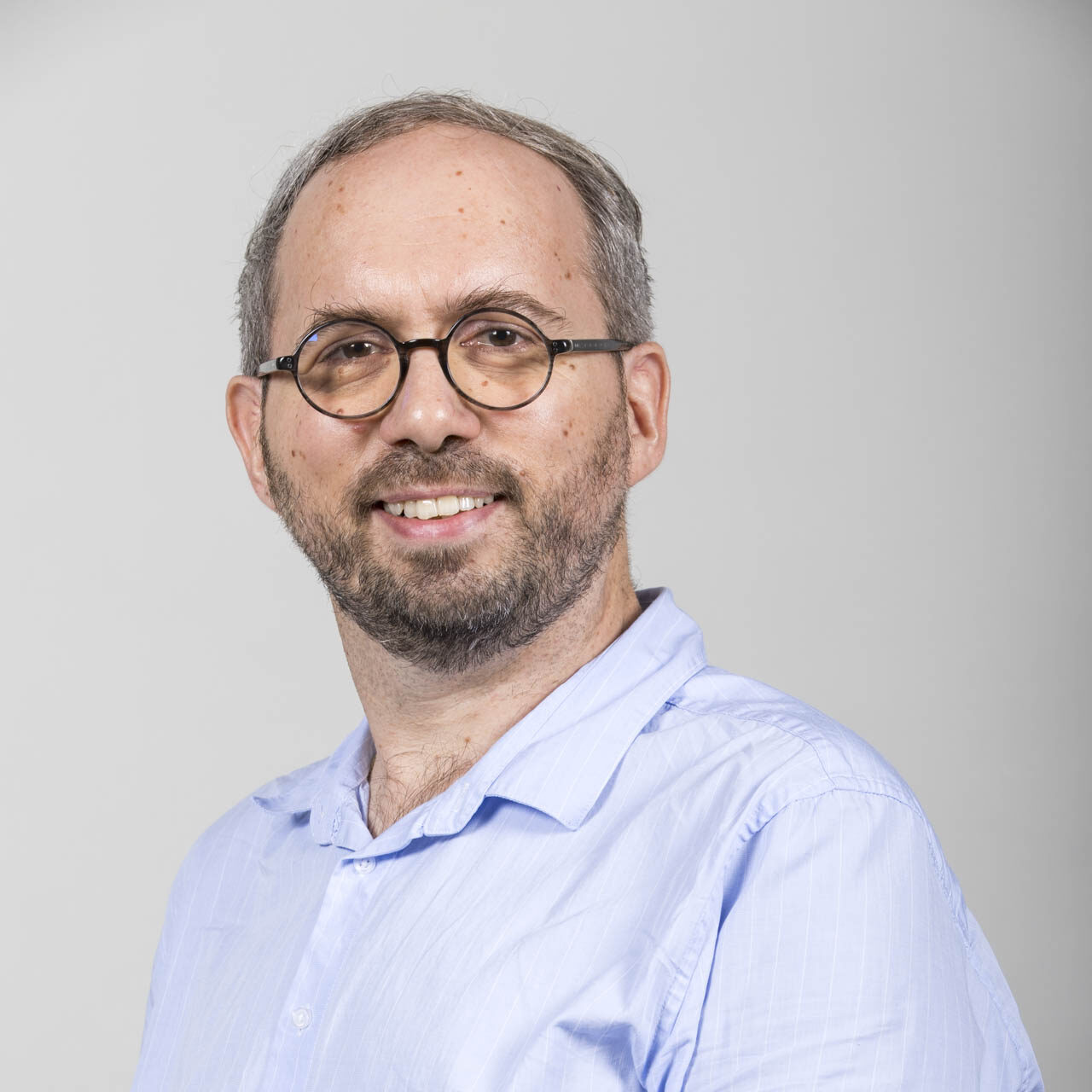
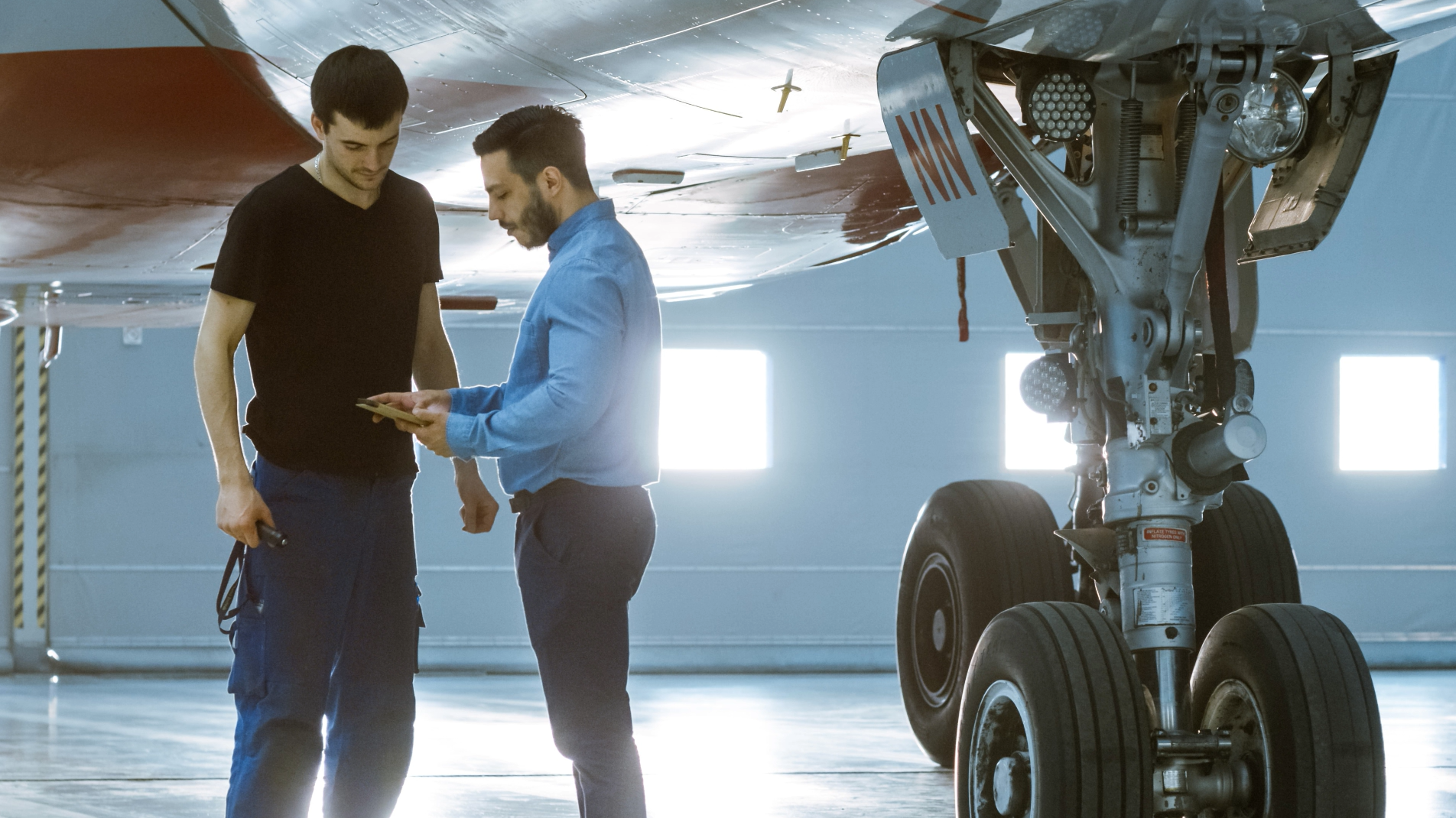
The skills targeted by our MSc Aerospace Propulsion
Analyze and design complex systems
Ability to manage cross-functional projects in an industrial environment
Communicate effectively with specialists and non-specialists in a collaborative environment
Taking industrial and environmental issues into account
Ability to work in an international context with a good command of English and respect for cultural diversity
Develop your professional expertise and innovative spirit
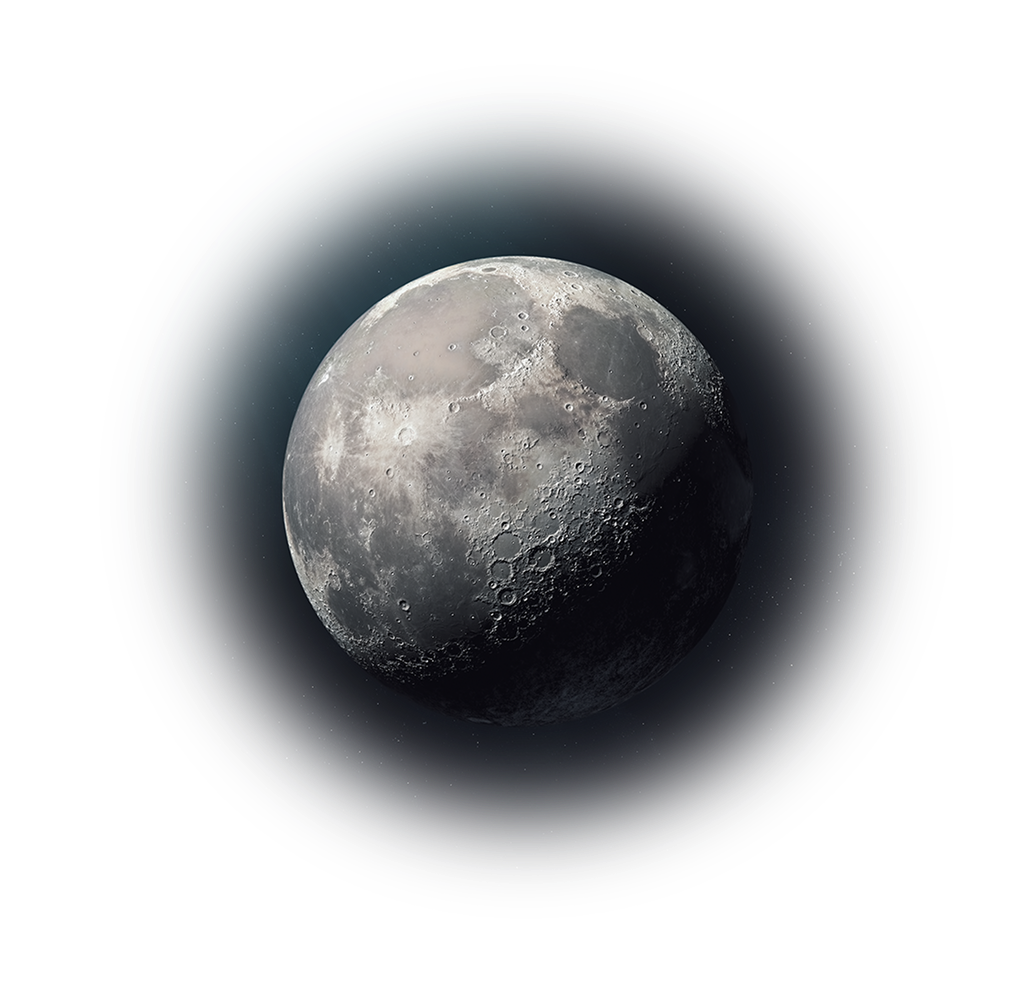
Course pace
Program
m1A
Focus on internships
Duration : 5 months
Course pace
Program
M2A+M2B
Focus on internships
Duration : 6 months



